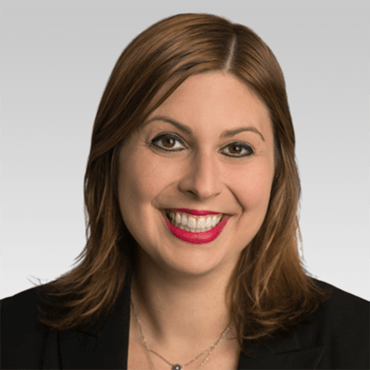
It’s not enough for employers to simply offer a 401(k) plan and expect to attract and retain talent. Employees want more and employers know it. In fact, there has been a significant increase in 401(k) plan reviews and RFP exploratory activity as employers look holistically at what’s truly in the best interest of their plan participants. In 2019, nearly one in four DC plan sponsors (39%) indicated they were likely to initiate a formal plan review within the next 12 months, significantly higher than the 29% who reported likelihood in 2017. While some of this uptick stems from healthy business growth such as mergers and acquisitions, or even just from routine negotiating, one thing is certain: in the DC plan market, it’s more important than ever to understand the mind-set and motivations of the ultimate decision-maker—the plan sponsor.
For DC plan providers and DC plan investment managers to defend—and, ideally expand—their current 401(k) business, they need to deeply understand where plan sponsors are coming from and what they’re looking for. This year’s Retirement Planscape report, based on a survey of 1,500 DC plan sponsors, will dive more deeply into the mind-set of these plan sponsors. We’ll ask the questions DC providers and DC investment managers need to know, including:
- What’s keeping plan sponsors up at night?
Is it anxieties around participation rates, employees not saving enough, or simply being vulnerable to a fiduciary issue or potential lawsuit? How nervous are plan sponsors about cybersecurity threats and data breaches? What about coming head-to-head with investment underperformance? Does failing 401(k) non-discrimination testing factor into the mix? We’ll identify the biggest fears DC plan sponsors face when managing their organization’s 401(k) plan, opening the door for plan providers to hone in on key pain points and strengthen their service offering. - What are plan sponsors doing to prepare for the unprecedented outflow of retirement funds from DC plans?
It’s the industry’s most formidable challenge to date. With thousands of Baby Boomers retiring each day, we’ll pinpoint the specific steps organizations are taking to prevent 401(k) plan leakage and retain assets in-plan. Are plan sponsors encouraging retired participants to leave assets in-plan and allowing them to continue paying off loans? Or is more effort being made to limit hardship 401(k) plan withdrawals, promote rollover opportunities and offer partial distributions? - How do plan sponsors measure success?
We’ll ask DC plan sponsors to identify the top three metrics they use to measure the overall success of their 401(k) plan, giving insight into how plan sponsors evaluate their provider relationships. Is 401(k) plan success equated with deferral and employee acquisition/retention rates or does it hinge on other factors such as the breadth of the investment lineup, fund performance or staying in fiduciary compliance? - How do plan sponsors gauge the success and impact of their financial wellness program?
Is it narrowly focused on financial wellness use and engagement or is it evaluated more broadly by monitoring 401(k) enrollment rates, flexible spending/health savings account (HSA) use, and workplace productivity/absenteeism rates?
As the DC plan landscape becomes increasingly complex and the industry seeks better solutions for plan participants, the ultimate decision on what to offer lies in the hands of the plan sponsor. DC plan providers and investment managers must understand the mind-set and motivations of this unique group to maintain and grow their 401(k) business.
Retirement Planscape tracks the competitive landscape, strengths and weaknesses in key brand equity metrics, perceptions, and loyalty and satisfaction ratings for the leading 34 DC plan providers and 45 DC plan investment managers. Additionally, this year’s report will feature an expanded look at ESG investing and the barriers to its adoption; identify what triggers QDIA evaluations; and explore trends in plan design spanning HSAs, 401(k) student loan matching and use/interest in multiple or pooled employer plans (MEPs/PEPs). Click below for more information on the full Retirement Planscape report.









